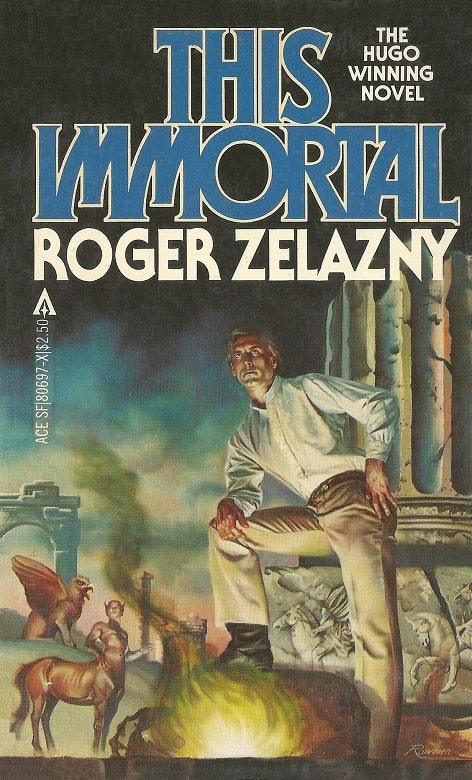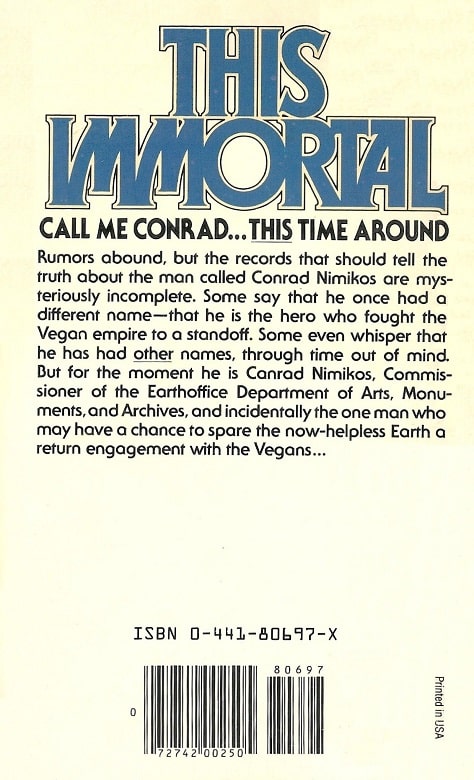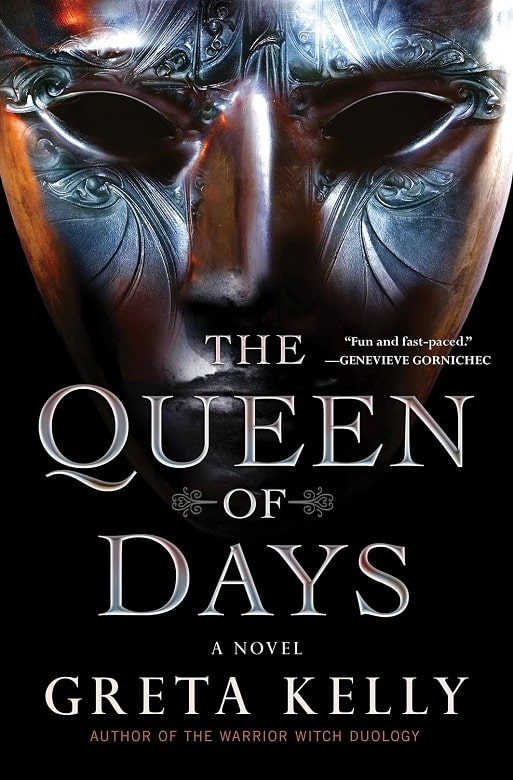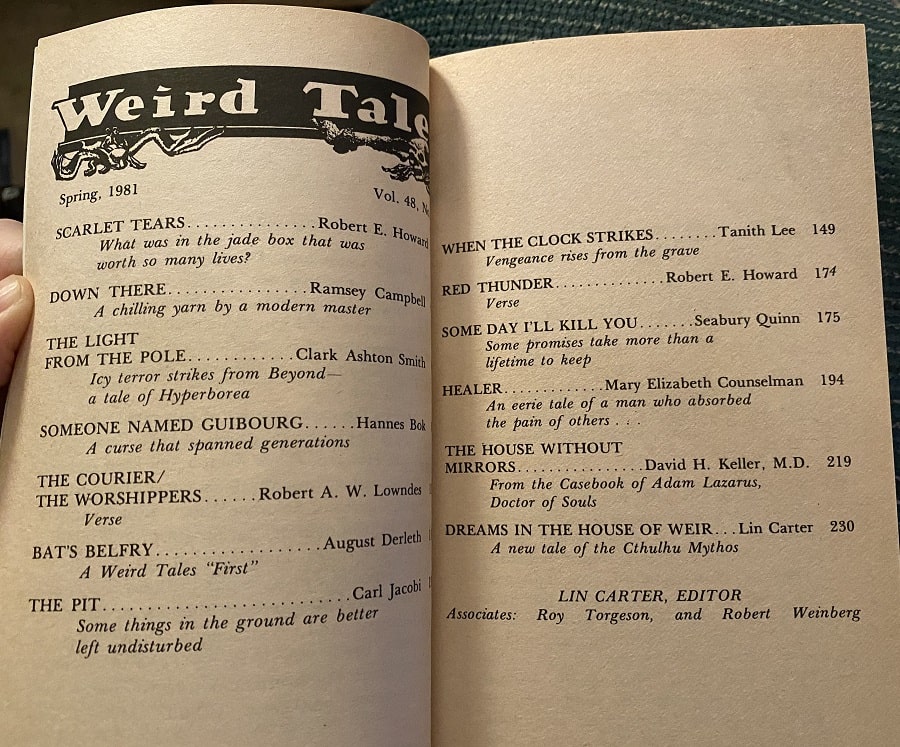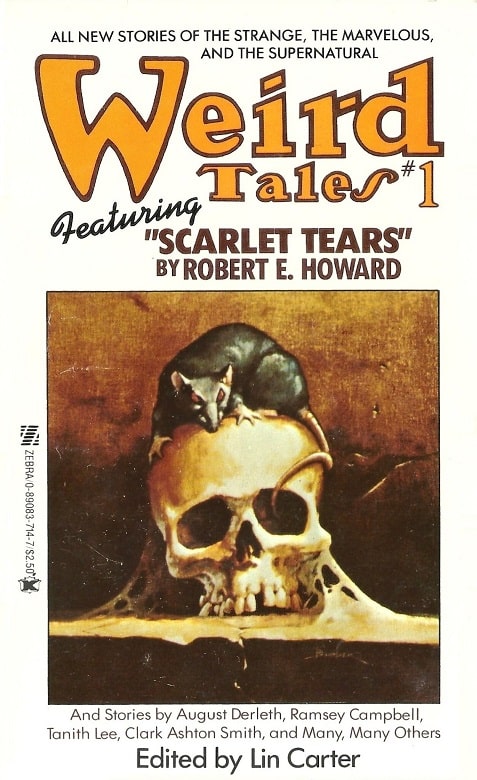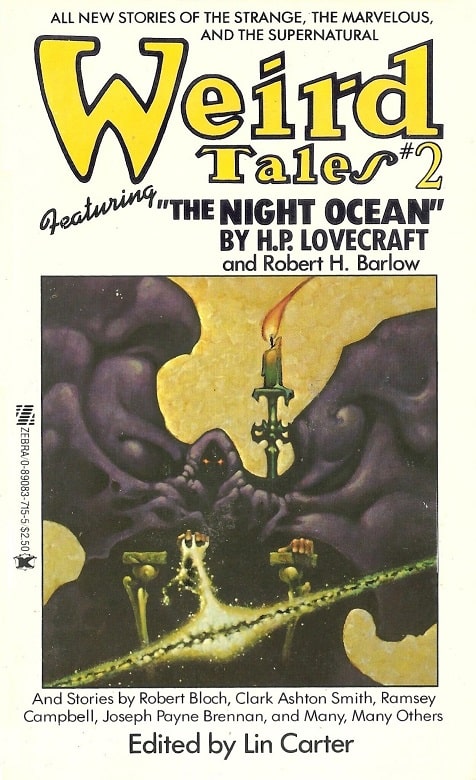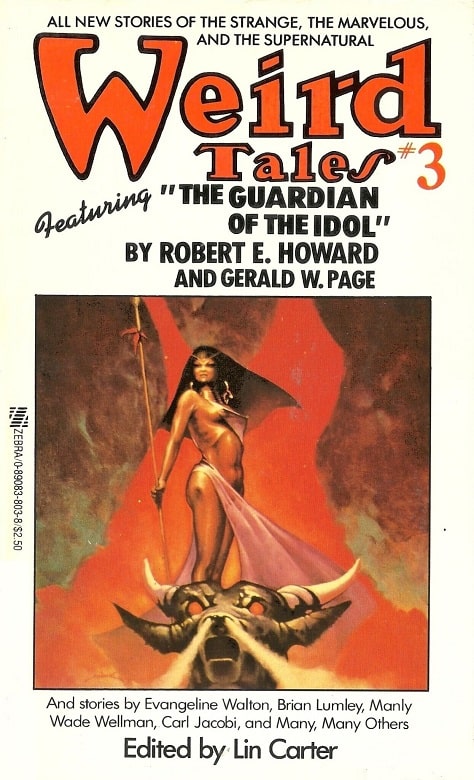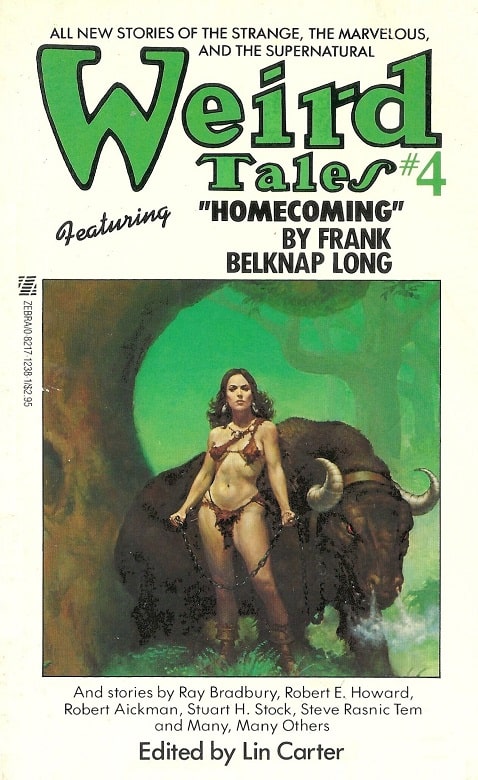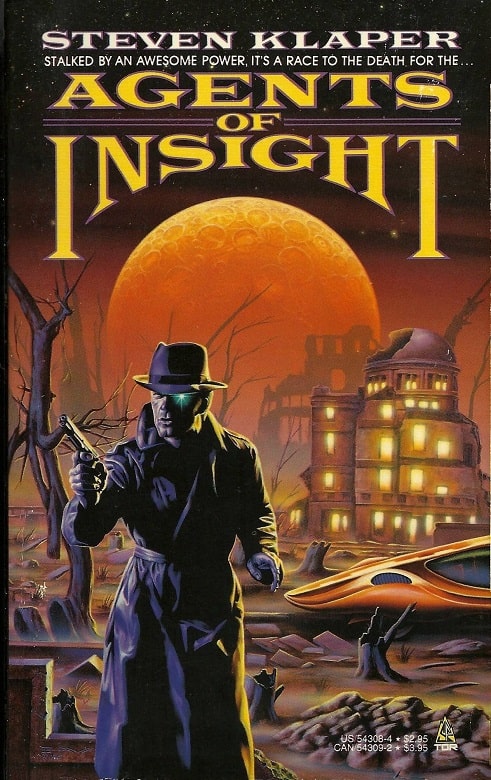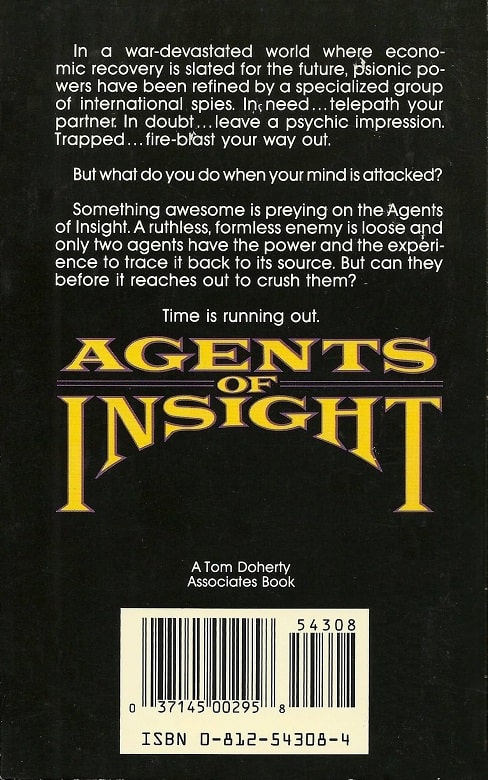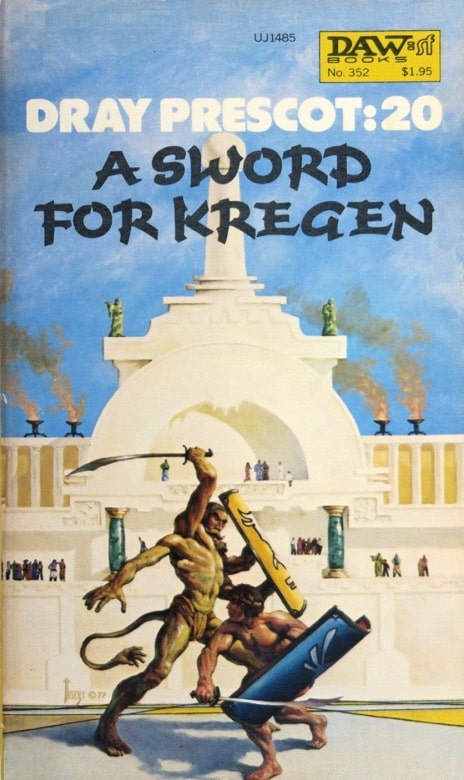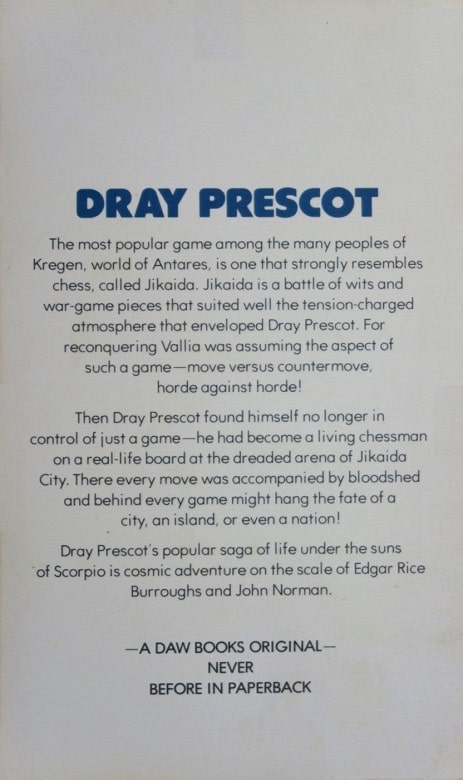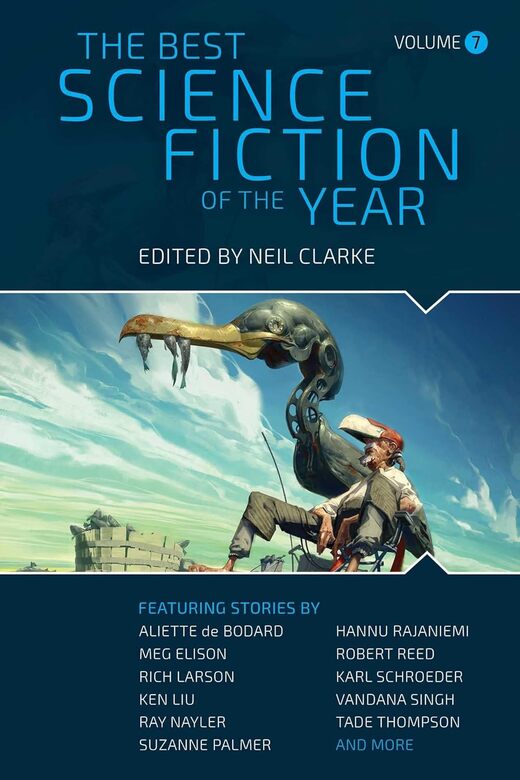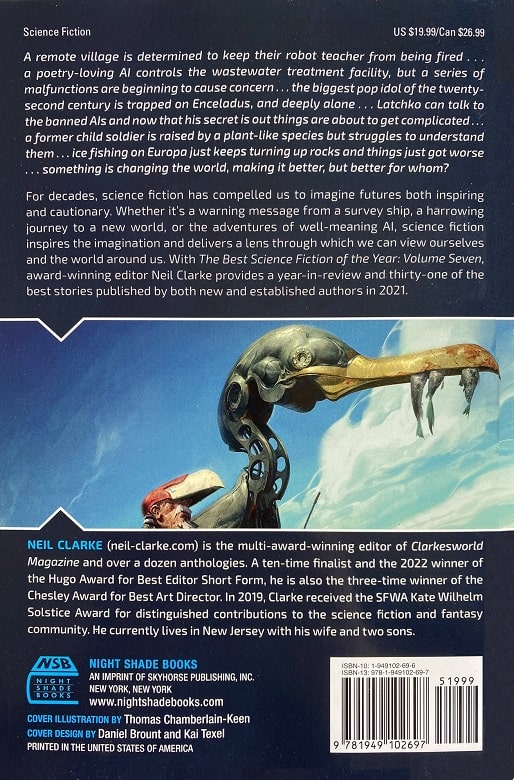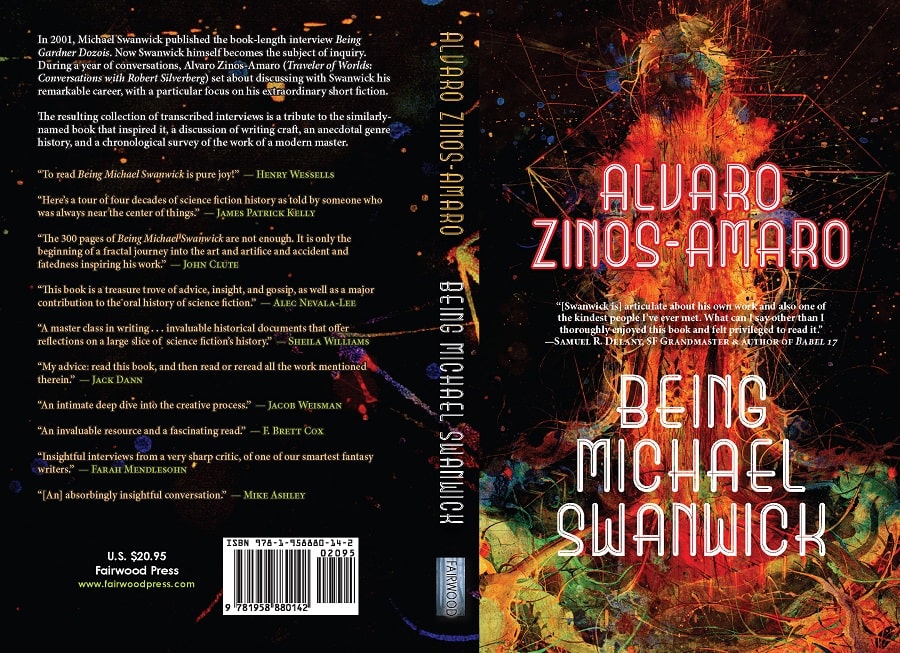Let’s Found a New Species: Odd John by Olaf Stapledon
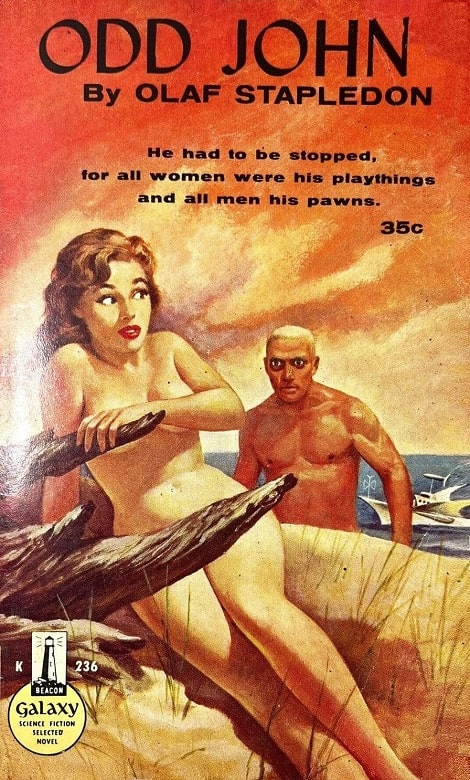 |
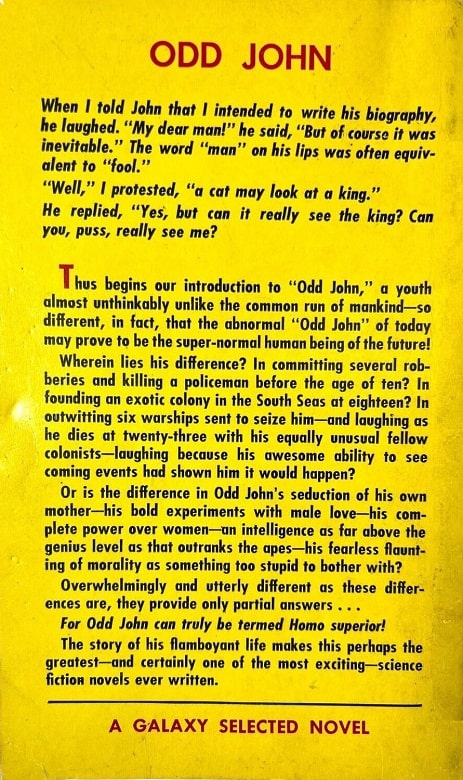 |
Odd John (Beacon/Galaxy Science Fiction Novel #36, 1959). Cover by Robert Stanley
In 1963, in the early issues of X-Men, Stan Lee introduced the expression Homo superior into superhero comics. But the name had a history before then: It was coined in 1935 by Olaf Stapledon, a British philosopher and science fiction writer, in Odd John, the fictional biography of a young superhuman.
The book that established Stapledon’s reputation, Last and First Men, published in 1930, was certainly science fiction but can’t be considered a novel in any normal sense; its two-billion-year history of humanity’s future is presented almost entirely as historical narrative, with only a few paragraphs of dialogue. But Odd John is definitely a novel, with a protagonist, John Wainwright, and a viewpoint character who is, by necessity, an unreliable narrator, as he himself points out on the first page of the story.
